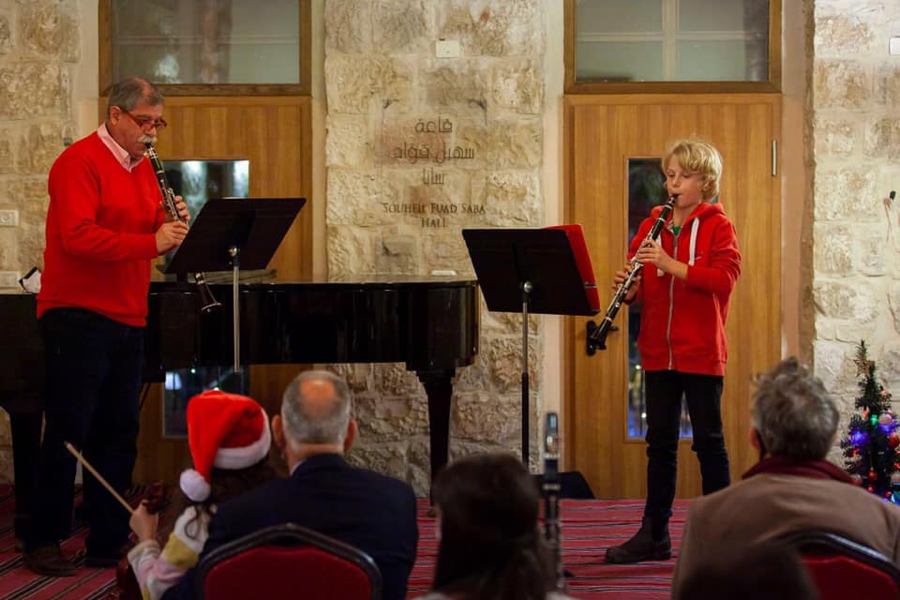A message from Suhail Khoury, general director of the Edward Said National Conservatory of Music
Traditionally, the Edward Said National Conservatory of Music (ESNCM) has presented its outputs to the public in an interesting manner to attract and engage its audience. But in the last months, the Conservatory has faced unprecedented challenges, beginning with the issue of conditional funding that has become a basic element in most projects we have proposed and that traditionally constituted a significant portion of our main sources of income. The conditions laid down for projects sponsored by the European Union are unfair and out of line with the principles of financing, as they criminalize the Palestinian struggle. The Conservatory has held the position that it rejects such conditions, similar to many other Palestinian institutions, but this stand is posing a great financial challenge. The situation is exacerbated because important countries that used to grant support individually have adopted the same conditions, among them Sweden, an important supporter of Palestinian culture.
In addition to this crisis that constitutes a qualitative leap for our financing outlook, the COVID-19 pandemic has struck Palestine and is causing financial challenges for educational and cultural institutions. It is worth mentioning here as well that during this time, occupation forces have raided the National Conservatory of Music and made arrests in the attempt to weaken our resolve and strike the national cultural and artistic work in which the Conservatory engages in Palestine in general and Jerusalem in particular.
Nevertheless, the Conservatory has successfully continued to fulfill its obligation to educate its students at reasonable rates, compared to the educational situation in general, taking all procedural measures and following the global protocol stipulated by the Palestinian Ministry of Health. Great achievements have been made, and creative musical initiatives were carried out as musical productions were recorded and published. Working under quarantine, we witnessed that conservatory staff applied creative and steadfast educational models and utilized various exemplary music programs to help students study theoretical subjects and practice their musical pieces and solfege assignments more effectively.
The planning processes for the distinctive performances to which our audience has become accustomed has not stopped, as we are in the process of implementing the Palestine National Music Competition in the late fall. Furthermore, the Conservatory continues to launch new musical groups, including Al-Mathhabjiyeh (The Gilded) that specializes in singing muwashahat (a genre of classical Arabic music) in Jerusalem, and Ram band that specializes in Arabic instrumental music at the Ramallah branch.
In conclusion, I would like to introduce our plans for next summer, when the Arab [Music Youth Orchestra will be inaugurated as an innovative and creative initiative to produce and present Arabic music in a new form. This orchestra will make a valuable qualitative addition to the Palestinian and Arab cultural scenes.
With sincere regards,
Suhail Khoury

